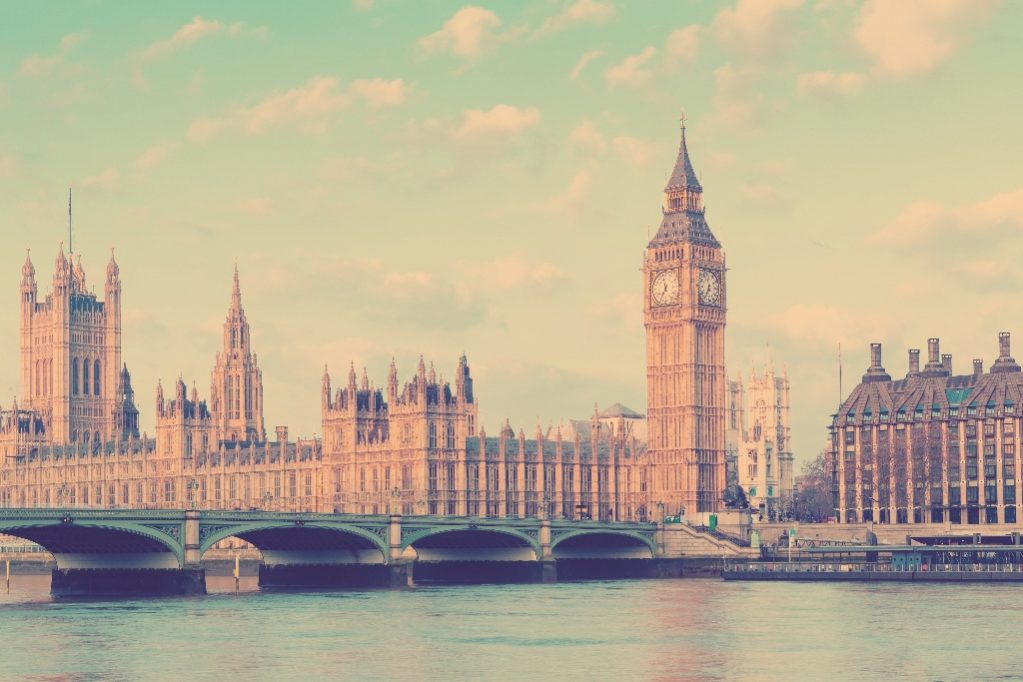There was a time when what happened in Westminster mattered, when British ballot boxes set the scene for the world.
In 1900, when the Labour Party competed in its first general election as the Labour Representation Committee, the British Empire covered a quarter of the globe and the lives of 383 million people were effectively governed from London.
Labour only won two seats in that first outing but it grew rapidly and went on to form 14 governments between then and 2010, completely overshadowing the Liberals, which had challenged the Conservatives for ascendancy in the 19th century. The Liberals eventually became the Liberal Democrats after merging with the Social Democratic Party in 1988.
The British Empire is long gone and aggressive new political parties have put Britain’s two-party political system to rest. In 1950, the Conservatives and Labour won 90% of the vote, but in 2010 they garnered just 65%, according to Professor Paul Whitely of the University of Essex’s Department of Government in an article in news and analysis website, The Conversation.
Loading...
The recent recession and the re-emergence of nationalism as a potent political force has left Britain with an increasingly restive population which is looking inwards and demanding that politicians do the same.
The reality being hammered home is that all politics is local, a phrase made famous by American politician Tip O’Neill in the 1930s.
Economic recovery, living standards and rising inequality, public health, employment and, importantly, immigration were being grappled with in the build up to the May 7 polls.
Helping other countries to grow and making the world a fairer place is generally far down the list, if it makes it onto the list at all.
Going into the elections, the Greens were the only party tackling international affairs with enthusiasm. Given their view that trade and economic growth must be curbed, it is a good thing for Africa that their influence is likely to be minor.
At the time of writing, it was highly likely that neither the Conservatives nor Labour would win the 326 seats needed for an outright majority and almost certain that both would fall far short of the 340 seats necessary for a ‘working majority’. This makes a minority government propped up by a deal with one or more of the smaller parties very likely. The travails faced by the coalition formed by the Conservatives and the Liberal Democrats in May 2010 makes such an arrangement less attractive. The deal left the Liberal Democrats a shadow of what it was and has weakened the Conservative Party’s claim that it was the sole driver of the economic recovery.
Growing political insularity and the likely outcome of the polls returning no clear winner means that while existing trade and foreign aid commitments will be honored, major new concessions or bigger contributions are highly unlikely.
This means that the outcome the British election will not be felt – either positively or negatively – in Africa.
But before we judge Britain too harshly for this and criticize it for not doing more, it should be borne in mind that last year Britain spent £11.4 billion – or 0.72% of GNP – on overseas aid, becoming the first major economy to meet the United Nation’s 45-year-old aid spending target, according to The Guardian.
Expecting its politicians to do more, especially when times are tough, is simply unrealistic.
Loading...
